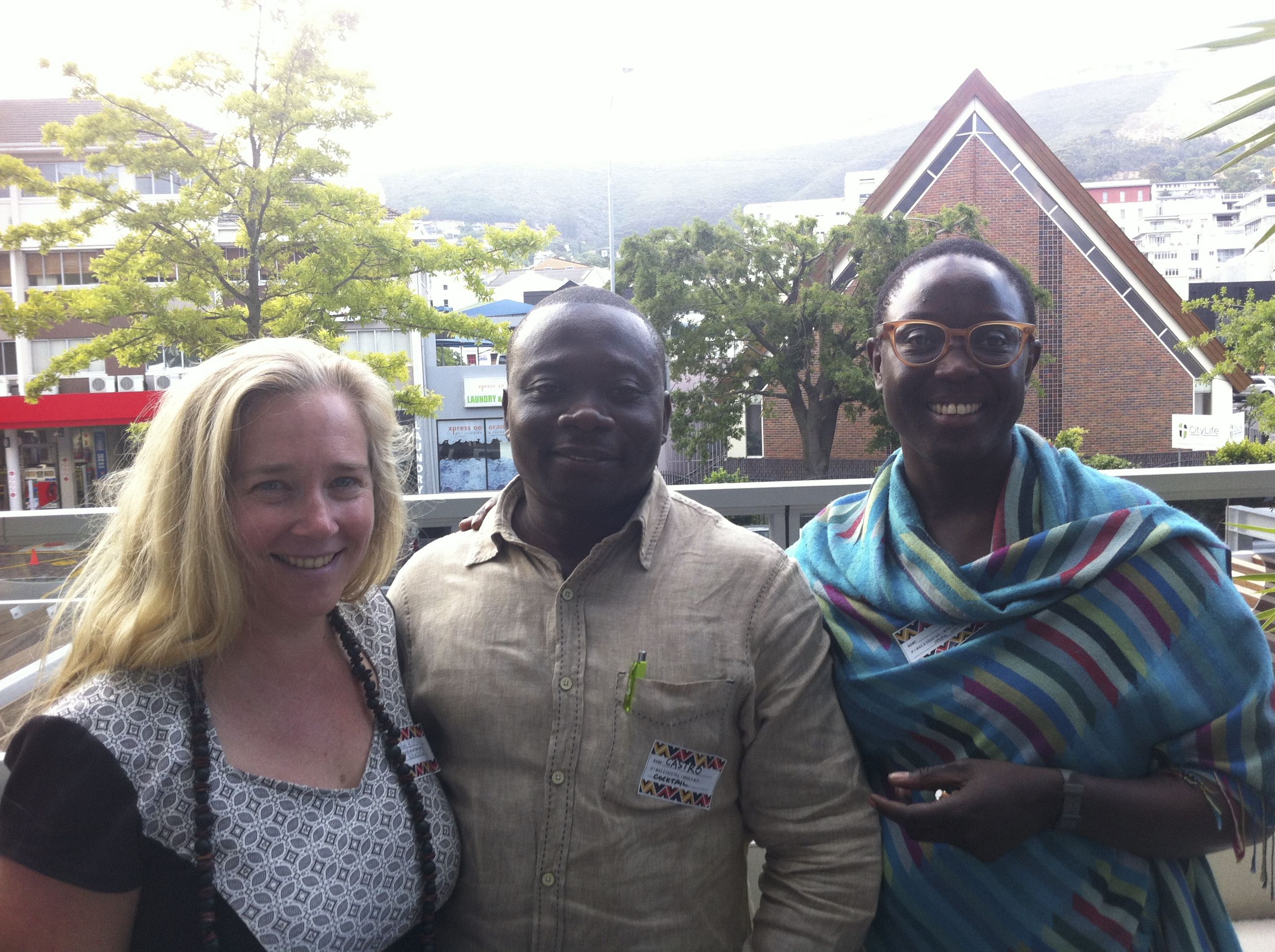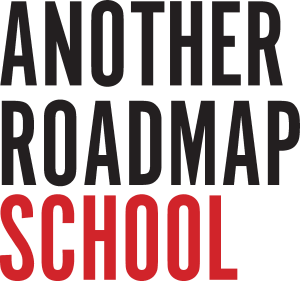The African Arts Institute (AFAI)
together with the Goethe-Institut South Africa, welcomed delegates from across the continent to the first
African Tertiary Arts Education (ATAE) Networking Event
. Hosted at Hiddingh Campus, University of Cape Town, the conference aimed to open up and discuss challenges currently facing arts education in Africa.

From left to right: Ruth Simbao (Rhodes University, Makhanda, ZA), Castro Kissiedu (Kwame Nkrumah Institute of Science and Technology, Kumasi, GH) & Emma Wolukau-Wanambwa (Kampala Working Group / Nagenda International Academy of Art & Design, Namulanda, UG).
Ten countries were represented by high-profile African leaders of formal tertiary and non-formal institutions engaged in arts education in an exclusive action-oriented networking event. To ensure the networking event remained focused, representative and interactive, participation was limited to active, key decision makers and professionals in the arts education space to network, exchange and identify key areas of concern and collaboration.
Taking place over two days, the meeting also aimed, among other things, to provide feedback sessions on the “Another Road Map for Arts Education” Africa Cluster, NEPAD Arts Education Conference recommendations and share new research on informal arts education in Africa.
Professor Mzobanzi Mboya, Head of the Education and Training Desk at NEPAD, welcomed delegates with an introduction of the challenges currently existing at a governmental and political level with regards to arts development and education.
Emma Wolukau-Wanambwa
(Kampala Working Group) in her capacity as Director of Research at the Nagenda International Academy of Art and Design in Uganda as well as a research fellow at the University of the Arts, Zurich, then presented a session ‘in conversation’ with
Molema Moiloa
, then head of VANSA, about the Goethe Institut research report
Creating Spaces: Non-formal Arts Education and Vocational training for artists in Africa
. Their conversation centred on questions that the report presents, including how creative practices and processes are constituted in Africa, what the structures across the continent that maintain, sustain and develop the arts are, and how western funding bodies dictate creative practices. The study also aimed to identify and study specific and innovative approaches, which were looked at in depth. (An ePub of
Creating Spaces
is free to download from
here
.)
An extended report on the African Tertiary Arts Education (ATAE) Networking Event can be found
on the AFAI website.
.
